Industry experts skeptical White House policy caused gas prices to go down
As the White House takes credit for a decline in gas prices, industry experts warn that Americans might continue to feel the pinch at the pump for the foreseeable future as many of the issues that caused the spike in early summer remain unresolved.
Oil experts and industry executives say the White House has had a limited impact, if any, on the recent decline in gas prices, which fell below $4 a gallon last week, NBC News reported. Administration officials, however, seized the opportunity and tried to sell the drop in gas prices as a political boost for President Joe Biden, who has been under immense pressure to do more to tame the historically-high inflation in the United States.
Many of the issues that pushed gas prices to levels rarely seen in the last 50 years in June are still a factor, experts warn. Those include global oil prices, limited refinery capacity and uncertainty around Russia’s war in Ukraine—issues that are beyond the White House’s control.
Citing a Treasury Department analysis, administration officials have said President Biden’s decision to tap into the US strategic reserves contributed 13 to 31 cents to the more than $1 drop in gas prices since their peak in June.
The White House has also pointed to a number of other steps that President Biden has taken to increase oil production and lower prices since the Russian invasion of Ukraine, including a controversial trip to oil-producing allies in the Middle East, publicly chastising energy companies over their profiteering, calling an emergency meeting with oil executives, and threatening to revoke unused drilling permits.
Industry experts, however, are skeptical that those efforts have had much of an impact, saying while oil production has picked up; it has done so at a rate similar to what was expected before Russia launched the offensive on February 24.
“There hasn’t really been a policy that we can point you to that has helped the situation. When the executives met with the White House over the last few months, their primary message was; don’t make it worse,” said Geoff Moody, vice president for government relations for the American Fuel and Petrochemical Manufacturers, told NBC News.
“There were a lot of things that they were considering that they have not done that would have really exacerbated the situation. So to the extent that they want to take credit for anything, I would say it is by not interfering,” he added.
Although gas prices have dropped from their record highs, they are still close to pre-pandemic highs. The average price of a gallon of gas is more than a dollar above what it was in 2019 before the COVID-19 pandemic caused a drop in demand and production.
US Energy Secretary Jennifer Granholm said Sunday that the Biden administration hopes gas prices will continue to fall but acknowledged that some global factors remain beyond its control.
“If China opens up significantly after COVID, there will be more pressure on demand,” she said on Fox News. “More pressure on demand means upward pressure on prices. So, we’re watching what happens globally. But we are doing everything possible to try to stabilize supply and demand to keep those prices coming down.”
Granholm said President Biden has taken significant steps to increase America’s supply of gasoline.
“This president has moved in dramatic ways to increase supply,” she said. “By releasing 1 million barrels per day from our reserve, as well as calling on domestic producers, as well as international producers. We will be at record amounts of production next year.”
One option the administration is pondering to encourage oil companies to ramp up production is to provide guarantees to oil companies that the US government will buy their oil at a fixed price, as opposed to the past, when it paid the market rate upon delivery.
The White House has also been in talks with European and Asian allies to impose a price cap on Russian oil in an effort to bring down gas prices. But industry analysts warn that the policy could backfire and cause an opposite effect on prices if Russia decides to slash production in retaliation.
Domestically, there are several issues that compound the administration’s energy policy, including a limited refinery capacity after five installations shut down during the pandemic, as well as Biden’s climate goals that go against the need for an increase in oil production.
Hezbollah attacks Israeli forces after Lebanese homes blown up
World leaders, states hail ICC arrest warrants for Netanyahu, Gallant
MP: US accountable for possible Israeli 'foolishness' to attack Iraq
VIDEO | Israeli policies strangle Palestinian agriculture, economy
Iran's president offers condolences to Pakistan over terrorist attack
Canada’s Yukon town council at standstill over refusing oath to King Charles
Yemen's Houthi calls for jihad to protect Palestine against Israel
VIDEO | Internal rifts within Israel


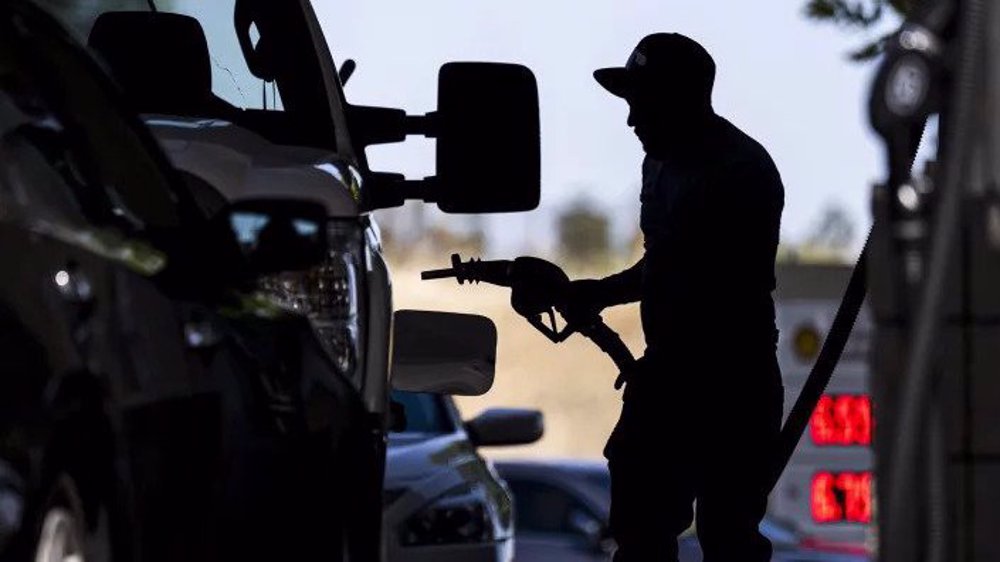
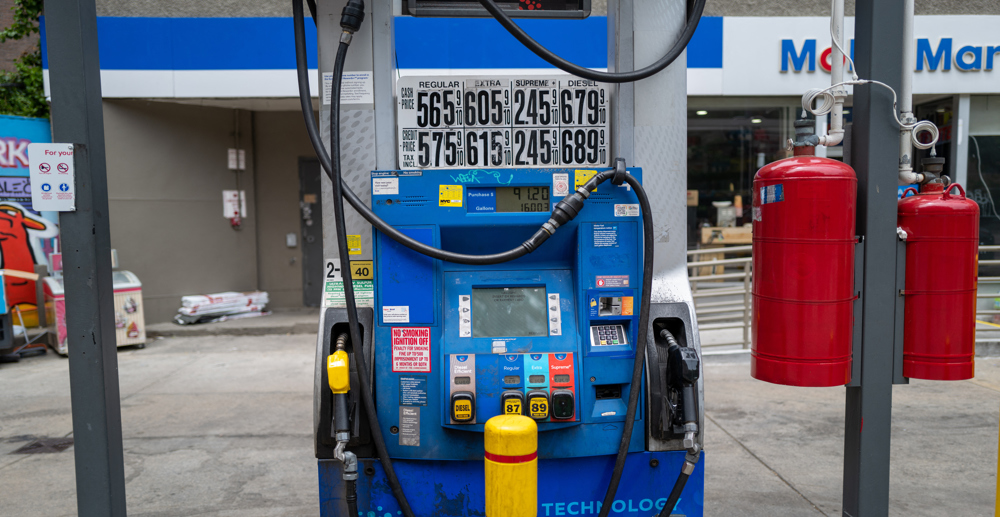
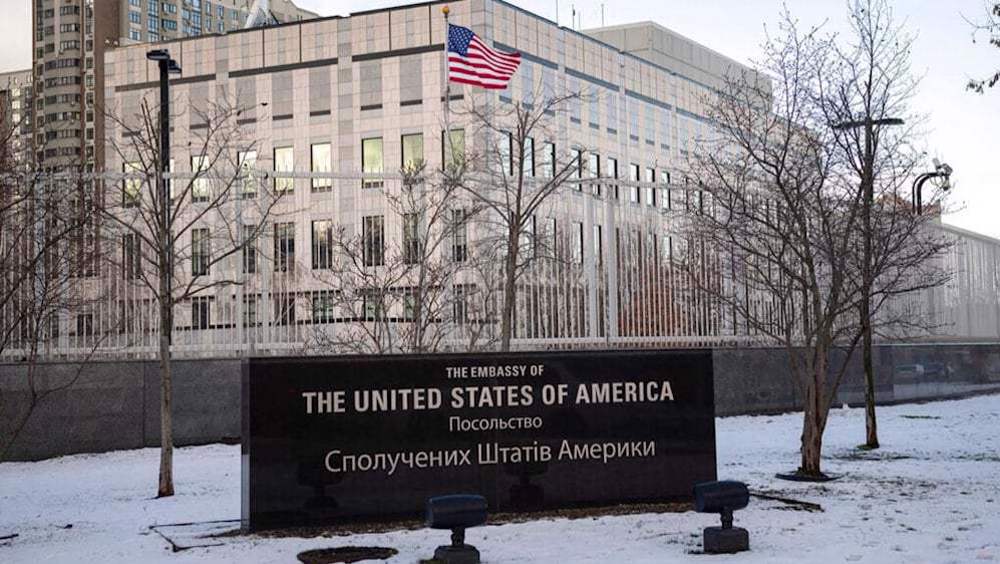







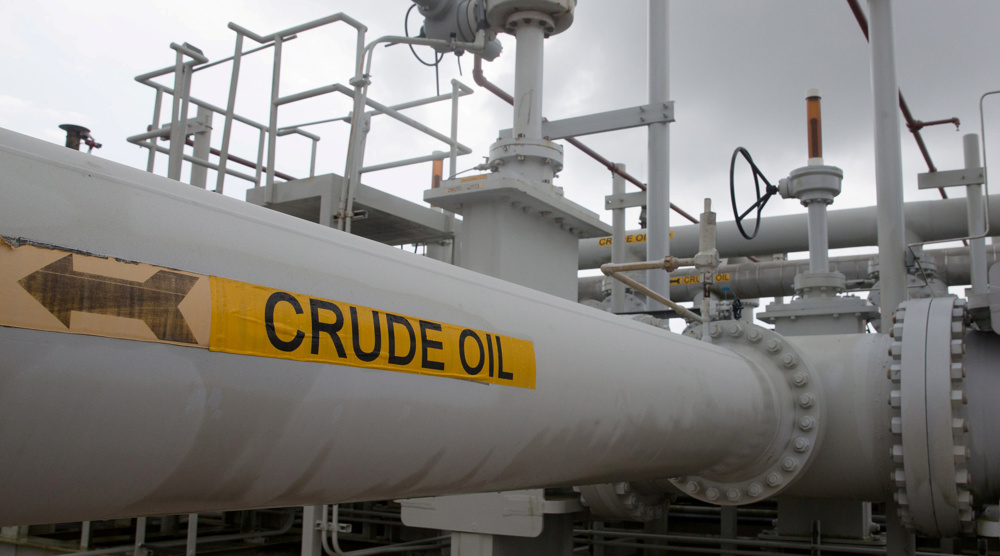
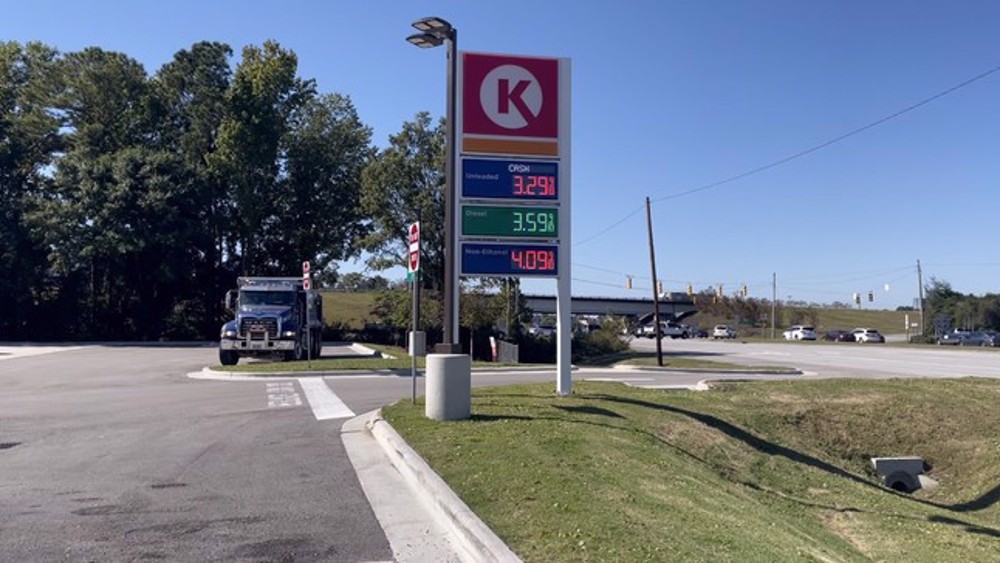

 This makes it easy to access the Press TV website
This makes it easy to access the Press TV website